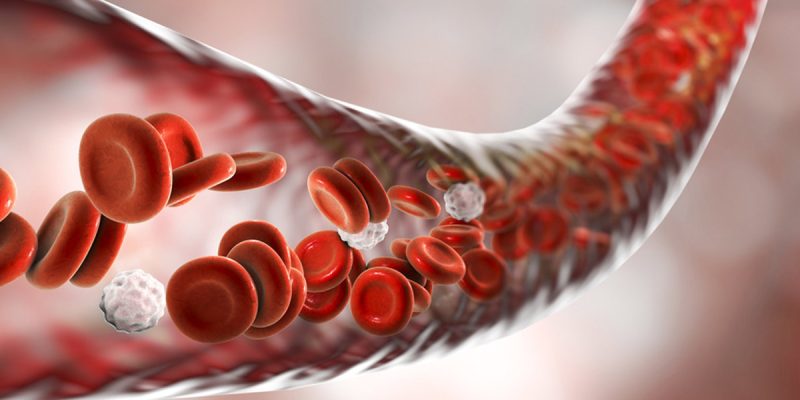Your whole body’s health depends on your ability to circulate. When your feet start to fall asleep, your thoughts turn to circulation, but it is not something you think about frequently. People with persistent blood circulation problems have ideas about circulation constantly in their minds. Your body continually exchanges fluids, the most vital of which is blood. In reality, your heart pumps 5 quarts of blood each minute via your body’s veins. Circulating blood carries oxygen and nutrients to the body’s cells and removes waste items from the system as it moves around the body. That is why it is essential to keep in touch with a reputable provider such as Prime Heart and Vascular to ensure everything is working.
Remember, poor circulation means that your blood is not circulating as effectively around your body, which may lead to a range of symptoms, including pain, swelling, and fatigue. People who suffer from circulatory problems may be interested in some of these suggestions.
Preserve an appropriate body weight
Poor blood flow is a common symptom of obesity. An overweight person’s heart and circulatory system work harder to move blood throughout the body. Losing weight has been found to enhance circulation and lessen the chance of acquiring circulatory-related disorders.
Exercise wisely
Regular physical activity might also assist in improving sluggish blood flow. Cardiovascular health benefits from aerobic exercise include increased blood flow. Get your heart rate up by walking, jogging, running, or bike ride. Yoga is another effective kind of workout. It has a modest effect on the body and improves circulation by oxygenating blood cells and circulating blood. You can enhance leg blood flow by doing squats and other leg strengthening exercises.
Snuff out tobacco
Smokeless tobacco and e-cigarettes all include nicotine as their primary active component. It damages your artery walls and thickens your blood to such a degree that it cannot pass. If you are a smoker, give up the habit immediately. A difficult task, but the drugstore or doctor’s office can assist you.
Manage your blood pressure levels
In a disease known as arteriosclerosis, the hardening of the arteries may reduce the amount of blood flowing through the body. Ask your doctor for the ideal values according to your age and health, but aim for 120 mmHg above 80 mmHg or less. At least once a month, take a look at your reading. You may utilize a kiosk or a home blood pressure monitor at your pharmacy.
Maintaining a healthy iron balance
The body’s circulatory system relies on iron. Hemoglobin, an essential oxygen transport molecule found in red blood cells, cannot be produced without it. Blood iron levels are maintained by eating foods like red meat and spinach, which are high in iron. However, it is essential to maintain a healthy equilibrium as well. Cardiovascular health may suffer due to an excess of iron in the diet. Cardiovascular illness has been linked to excessive iron intake in persons with high cholesterol and a large waist circumference, according to a 2013 research.
A variety of medical conditions may cause poor circulation, but you can also improve them. You can, for example, eat better and work out more. A healthcare physician might recommend medication or perform surgery if other treatment options fail to improve your circulation.













Comments